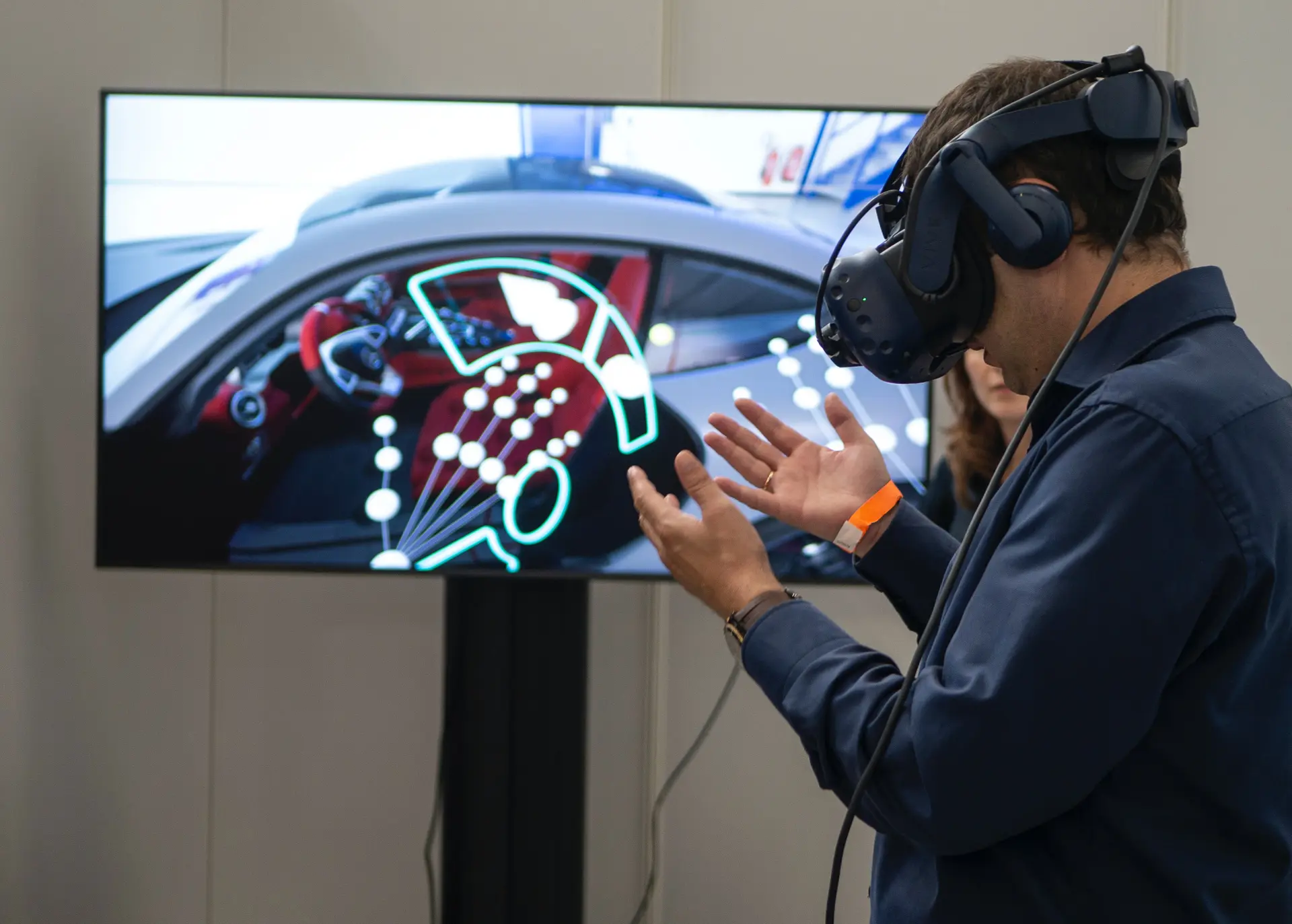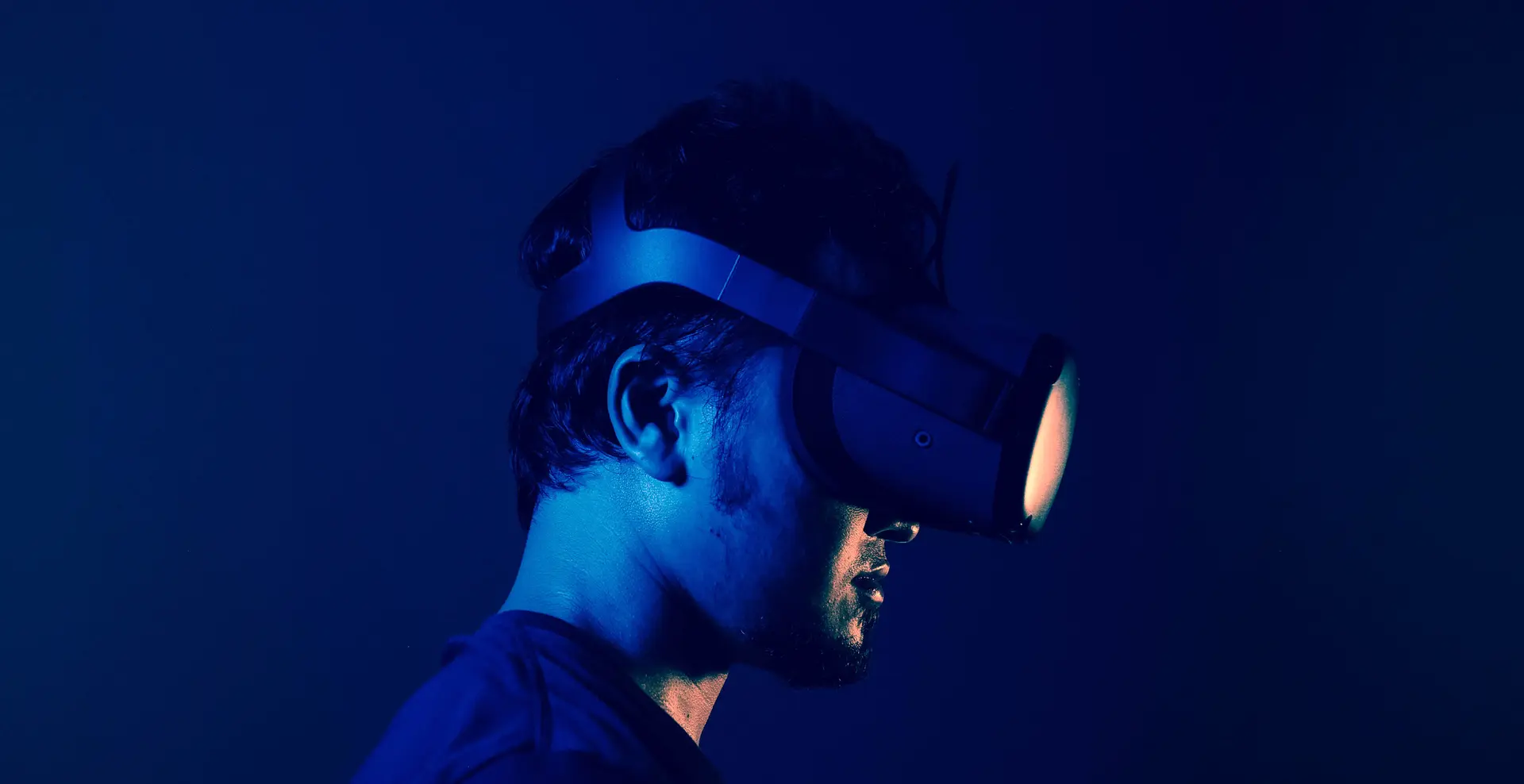The future of virtual reality in video game marketing is an exciting and constantly evolving landscape. As someone who has been involved in the video game industry for many years, I have seen firsthand the incredible potential that virtual reality holds for creating immersive and engaging experiences for players.
One of the most exciting things about virtual reality is the way it can transport players into new worlds and environments. With VR, players can explore fantastical landscapes, interact with characters and objects in new ways, and truly feel like they are part of the game world. This level of immersion is unmatched by any other technology, and it has the potential to revolutionise the way we think about video game marketing.
For marketers, the rise of virtual reality presents a unique opportunity to create experiences that are not only entertaining but also highly memorable and engaging. By creating VR experiences that allow players to interact with brands and products in new ways, marketers can create a deeper connection between players and their products or services.
One example of this is the use of virtual reality in product demos. Instead of simply showing players a product on a screen or in a video, VR can allow players to interact with the product in a virtual space, giving them a much more realistic and hands-on experience. This can be especially useful for products that are difficult to demonstrate in traditional media, such as complex machinery or high-tech gadgets.

Another area where virtual reality is poised to make a big impact is in the realm of social media marketing. With the rise of social VR platforms like Facebook Horizon and VRChat, marketers can create virtual events and experiences that allow players to interact with each other and with brands in a new and exciting way. This can help build brand awareness and foster a sense of community around a product or service.
Of course, with any new technology comes challenges and limitations. One of the biggest challenges facing virtual reality in video game marketing is the cost and accessibility of VR hardware. While prices have come down in recent years, high-quality VR equipment is still relatively expensive, and not everyone has access to it. However, as technology continues to evolve and become more mainstream, we can expect to see more affordable and accessible VR solutions.
Another challenge is the need for high-quality content that takes full advantage of the unique capabilities of VR. Creating compelling VR experiences requires a different approach to game design and development, and not all studios have the expertise or resources to create high-quality VR content.
Despite these challenges, I believe that the future of virtual reality in video game marketing is incredibly bright. As the technology continues to improve and become more accessible, we can expect to see more innovative and engaging VR experiences that will help marketers create deeper connections with their audiences. The possibilities are truly endless, and I can't wait to see what the future holds for virtual reality in the world of video game marketing.



